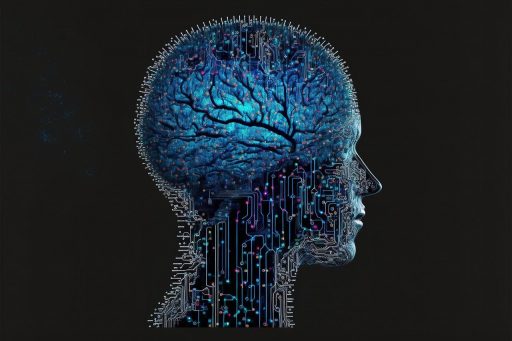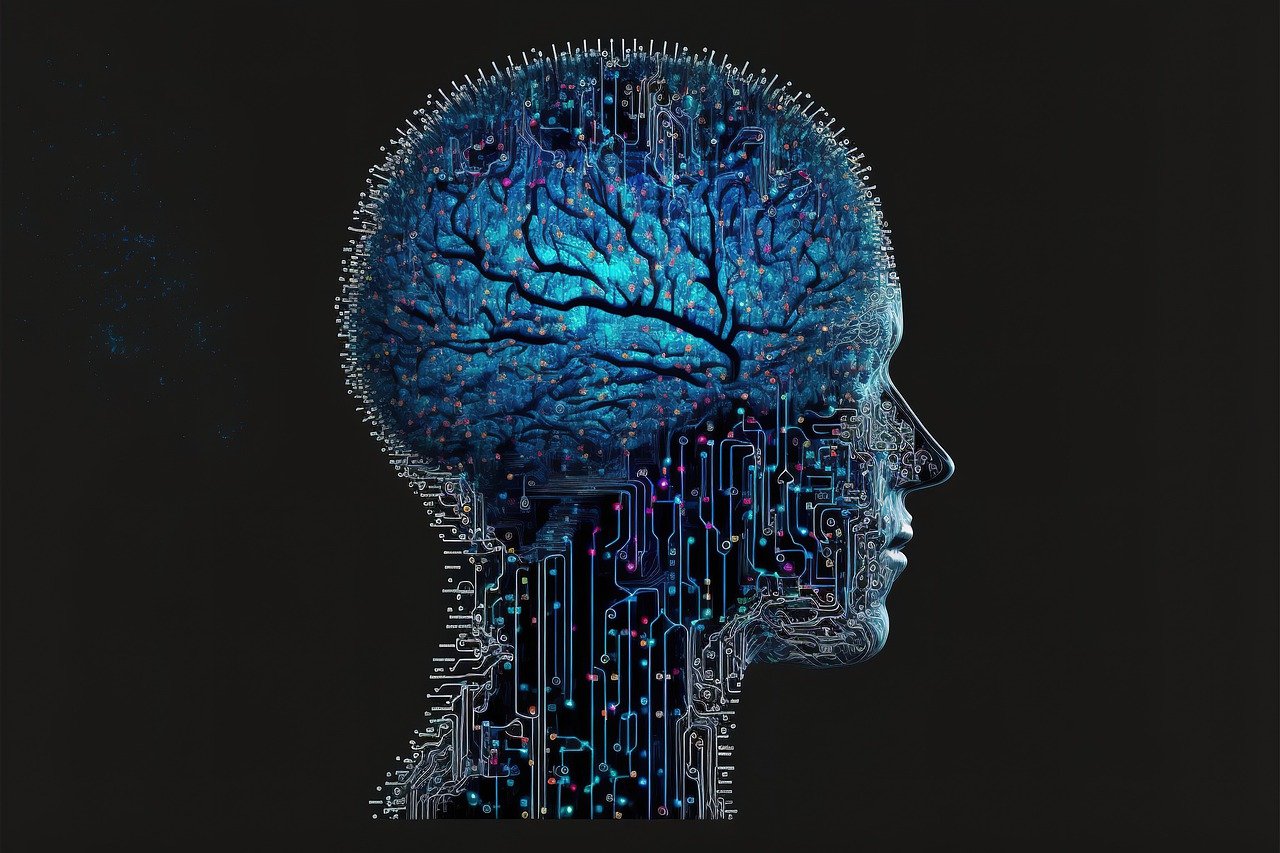The Long-Term Impact of Tough Childhoods
Growing up in challenging environments can leave lasting marks on a child’s brain. Recent research shows that stressors like strict parenting or unsafe neighborhoods may slow down brain development, contrary to earlier beliefs that such adversity could accelerate it as a survival mechanism.
Slower Growth of the Emotional Brain
Scientists studied over 4,000 children between the ages of 8 and 14. They found that kids who faced harsh parenting or lived in unsafe conditions had smaller amygdalas—the brain region responsible for processing emotions. This reduced size was consistent over time, suggesting that these early stressors can hinder normal brain growth.
Emotional Struggles Later in Life
The amygdala plays a key role in managing emotions and stress responses. When its development is delayed, children may face difficulties in regulating their emotions, increasing the risk of anxiety or depression as they grow older. This research underscores the importance of creating nurturing environments to support healthy emotional development.
Rethinking Childhood Resilience
This discovery challenges the idea that adversity forces the brain to mature faster to cope with stress. Instead, it suggests that early hardships may blunt normal growth. By acknowledging the profound effects of childhood environments, caregivers and policymakers can work to foster safer, more supportive conditions that set children up for better emotional and mental health outcomes.
Source: PsyPost: Childhood adversity may blunt brain development rather than speed it up





